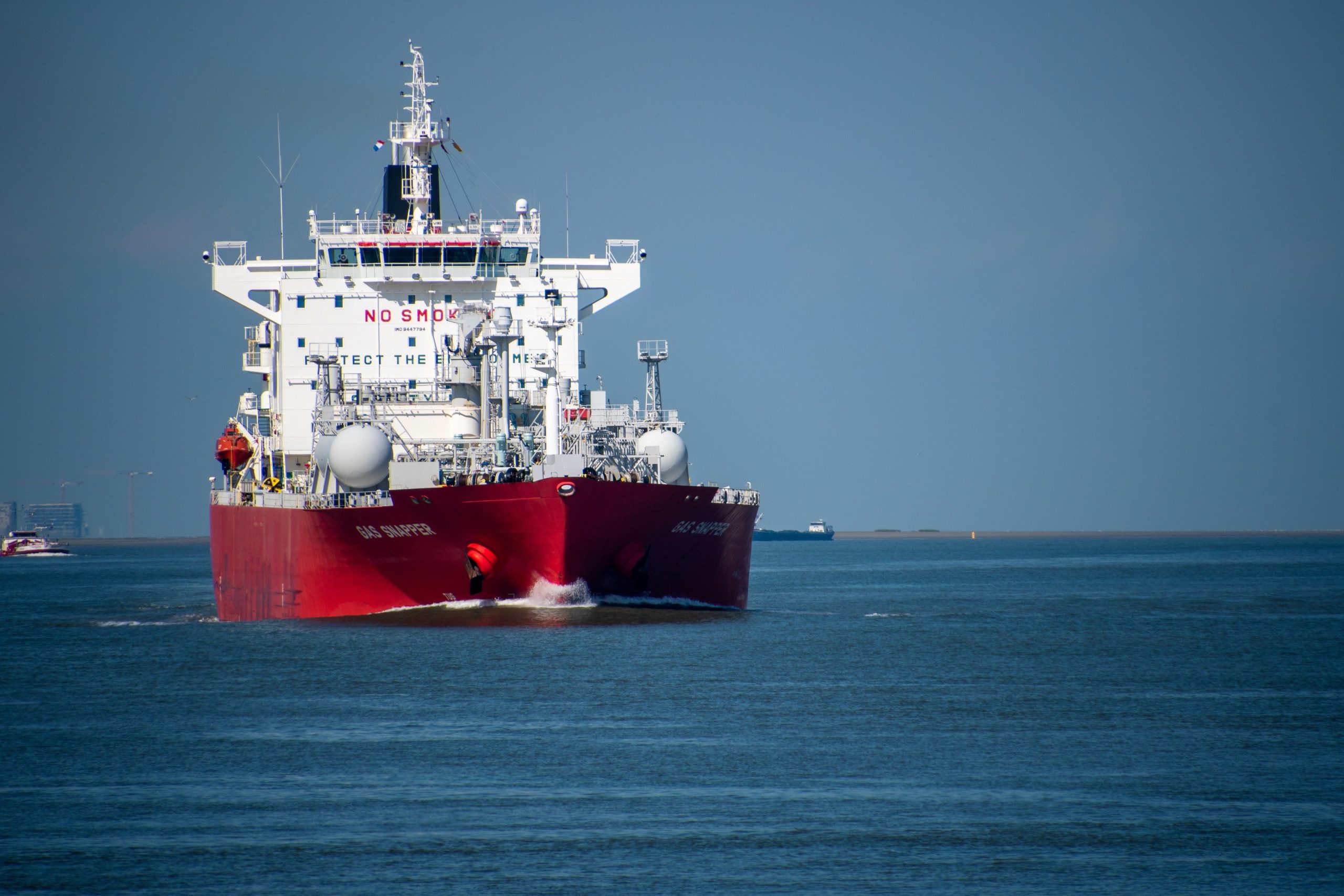Qatar has benefited from rising oil and gas prices brought on by the Covid-19 pandemic and Russia’s invasion of Ukraine.
Qatar and Nigeria should take advantage of the gap left by Russia’s lack of oil supply to Europe and expand gas projects in order to break into the European market, according to Associate Professor of Energy and Natural Resources at the University of Abuja, Olanrewaju Aladeitan.
In an interview with the News Agency of Nigeria in Abuja on Sunday, Aladeitan stated that Europe is the main market for Nigerian gas, as initiatives to make this reality are currently underway.
Regarding the Russian-Ukrainian conflict and Russian Gazprom’s strategic role as a major gas producer and supplier, he claimed that the war left some gaps in Europe, the UK and NATO partners.
“This is where countries like Qatar and Nigeria come in,” Aladeitan said, stating further that, “It is elementary business logic that the vacuum created by the non-supply of oil by Russia should be taken advantage of by any other gas producer and this is where countries like Qatar comes in.”
“North Europe is looking at where to readily get supply to make up for the shortfall or non-supply from Russia. So, definitely, there is an implication, there is an effect of the Russian special operation or invasion on Ukraine on gas supply,” he added.
Questioning how the countries could potentially benefit from the gap, Aladeitan said that Nigeria would have been equipped had it done ‘what was necessary’ back in the 1970s, or even in the early 1990s and 2000.
He claimed that during these times, the Trans-Sahara Gas Pipeline (TSGP) project concept was first raised in a way to maximise its optimal utility, which would have facilitated entry into the EU market.
“If we had done that then, by now we would be smiling to the bank because we would have utilised the opportunity of market that was left by the withdrawal of Russia,” he said.
Separately, Qatar is seeking to secure potential clients for its multi-billion plan North Field Expansion Project which is set to drastically increase the Gulf nation’s liquefaction capacity by 64% by 2027.
Scramble for Qatar’s gas
EU countries continue to move towards ending their reliance on Russian gas following Moscow’s invasion of Ukraine in February 2022.
To reduce its reliance on Russian gas, the entire continent of Europe is turning toward liquefied natural gas (LNG), despite initially taking aggressive green energy approach.
The European Union’s natural gas demand plummeted by 55 bcm, which equates to 13%, in 2022, its biggest decline in history – as a result of Russia’s invasion of Ukraine and an increase in energy costs.
European governments are keen on securing energy cooperation with Qatar to avoid a power cost surge as Russian flows plummet, as Europe received 40% of its gas supplies from Moscow and almost a third of the shipments passed through Ukraine.
State-owned QatarEnergy, leading the world’s largest liquified natural gas project (LNG), has been in talks with various European buyers for long months.
The majority of the existing volumes of Qatari natural gas are secured by long-term agreements, which Qatar has maintained it will uphold.
This sentiment came in a Singapore-based interview August last year with Qatar’s Prime Minister and Foreign Minister Sheikh Mohammed bin Abdulrahman Al Thani during his Asia tour at the time.
In the interview, Sheikh Mohammed highlighted Qatar’s predominant dependence on long-term contracts with countries, “in fact we have a great partnership with Asia and Europe,” adding that “we have seen that pricing stability is important to continue this partnership and solidify it.”
“We have been a very reliable partner to all our buyers […] and we have have seen that the energy crisis is growing in the entire world [and still] we supplied to Asia and Europe and we didn’t give priority to one over the other,” he added.
“We just stick to our contracts.”
His comments came as the country’s Energy Minister Saad Sherida Al Kaabi confirmed late August that QatarEnergy is in negotiations with Asian and European buyers for its LNG.
“We’re talking to everybody that wants to buy gas and stops in Qatar to have a discussion. When we’re done [negotiating], we sign,” Al Kaabi said.







